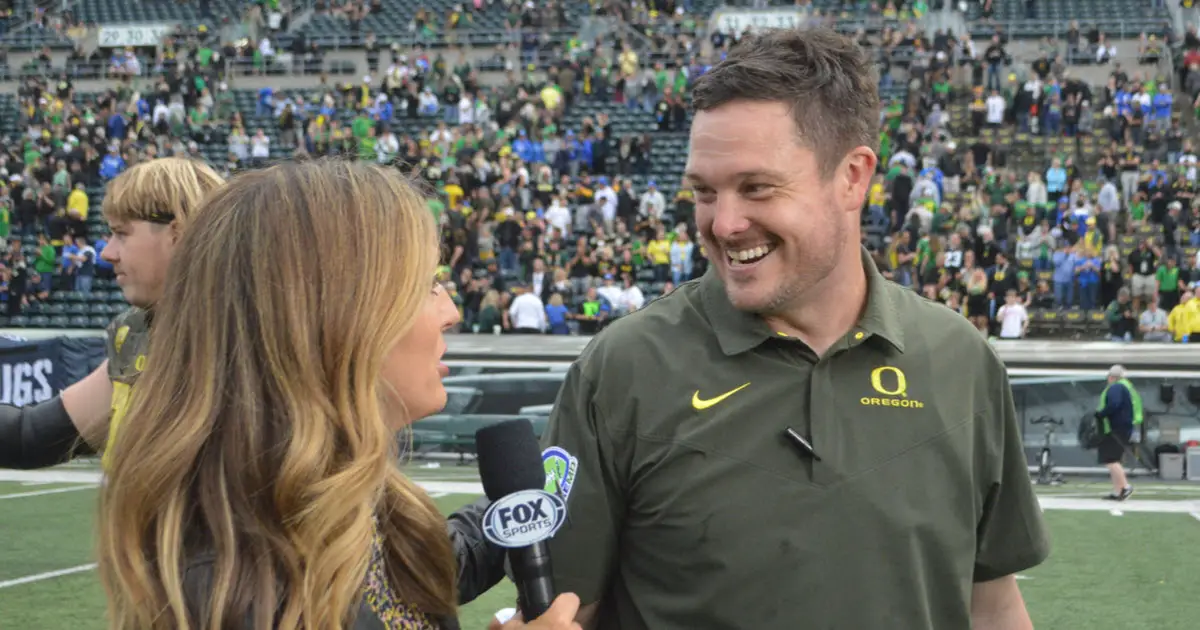There has been much discussion on how to judge Dan Lanning’s first year as a head coach. Those discussions have shown a wide range of conclusions drawn, as some are delighted with Lanning’s first year leading the Ducks. I was more critical by raising alarm with his in-game decision making, and how the defense grossly underperformed relative to its talent level. Mr. FishDuck pondered this with me after spending time on Break da Bank Again, and he agreed with my concerns.
I’m now wondering if my analysis of Lanning’s first year performance was correct, but is of very little significance?
I don’t believe in the blind faith approach of some Duck fans regarding the areas Lanning didn’t perform as expected this season. There were definitely things to be concerned about, and refusing to acknowledge them doesn’t make them go away.
But in reflection now, none of those issues really matter in the big picture.
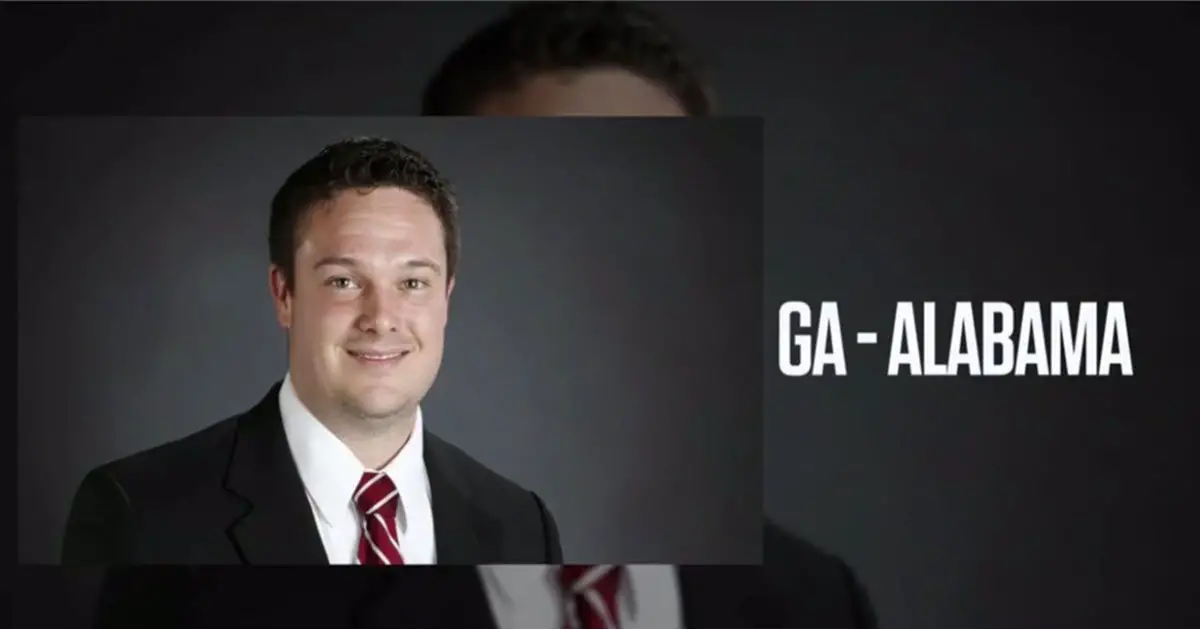
Dan Lanning as a graduate assistant at Alabama.
Watching Kirby Smart’s Georgia Bulldogs dismantle TCU Monday for their second straight National Championship was revealing to me. Lanning was a young coach who had been on a fast track when he came to Georgia in 2018 for his first Power-5 position coaching job. Lanning in 2015 was at Alabama as a graduate assistant, and spent 2016-2017 at Memphis as the linebacker’s coach. Lanning was green in 2018 when Kirby Smart hired him as the outside linebackers coach.
After just one season at Georgia, Kirby Smart promoted Lanning to his defensive coordinator position to replace Mel Tucker who had taken the Colorado head coaching job. There is no doubt Smart saw something special in Lanning to fast track him to being his DC after just one year as a Power-5 position coach. Lanning would go on to serve as Smarts DC for three full seasons before he took the Oregon head coaching job.
It’s obvious that bulk of Lanning’s position coaching tenure has been under Smart at Georgia. Lanning, who joined Georgia in Smarts third season, has been mentored by coach Smart more than any other head coach. The system Smart built at Georgia is the winning recipe that Lanning cut his Power-5 teeth in.
It only makes sense that Lanning would look to duplicate the tenets of Kirby Smart system at Oregon, which consist of five key pillars. Recruiting elite talent, a de-recruitment culture, player development, elite coaching, and veteran players mentoring the incoming class so that they develop more than the last class.
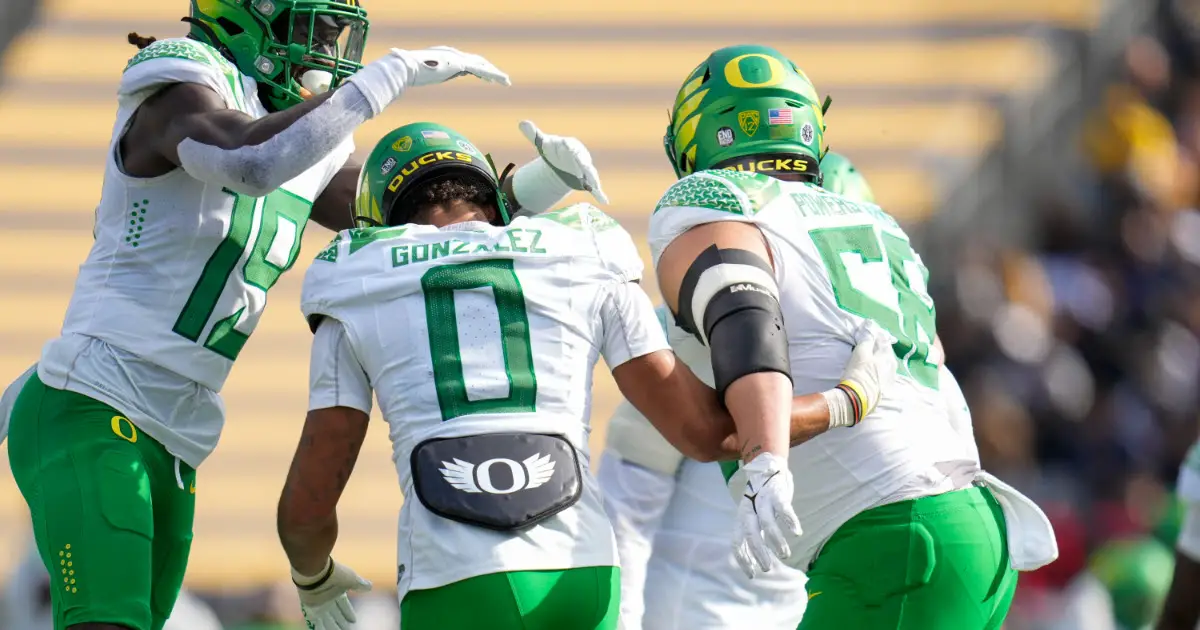
It is going to take more than a year to build a great defense.
Those five pillars of the Georgia program have shown that it takes time to build, and each year brings incremental improvement and growth. The dominant National Championship teams came in years six and seven. Now it appears Smart has Georgia ready to maintain its level of dominance in the years going forward.
This doesn’t mean Lanning will need six or seven years to build a playoff team. Kirby Smart got Georgia into the National Championship game in year two and would have won if not for the second half heroics of Tua Tagovailoa. Likewise, it’s not out of reason that Lanning could land the Ducks in the playoffs in year two. But it’s year four when we can really expect Lanning’s squads to reach a National Championship contender level.
In year four-Lanning will have elite talent he has recruited, stacked in every class. Each class will come in and develop faster with the benefit of the mentorship of the older classes. This will be especially crucial for the defensive development. When incoming five-star players come into Oregon with mentorship from a future first rounder at their position and elite coaching – you get better developed players.
This has been evident watching the Georgia new starters, and then underclassmen who received playing time. The new starters have been taught the Georgia system since day one in college football, and they got early backup/mop up playing time. When it’s their turn to become the starter, there is no in-game experience learning and development time. The new Georgia starters have stepped into game one playing at an elite level. (Oregon ran into that in September)
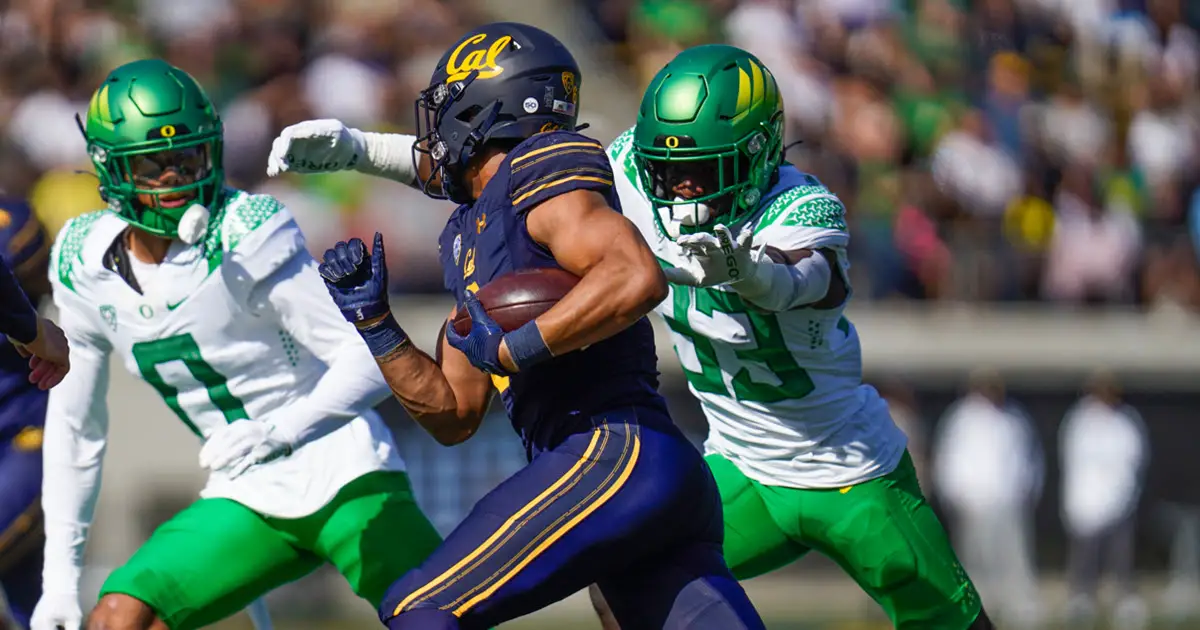
It will Jeffrey Bassa’s time to mentor the new young-guns.
We’ve seen Lanning playing his first-year players this season, and developing them. They will now be asked to mentor this year’s incoming class in the system, and some may be asked to step into starting roles next year. This same process Oregon is just starting. We will see over the next few years some blue-chip recruits decide the work required to develop inside of Lanning’s system isn’t for them. For some who stick it out-they will see the dividend paid at the end of their Oregon tenure by moving onto the NFL.
The conclusion I’ve drawn is that the grumbling over this year’s defensive performance, and Lanning’s in-game decisions is moot. Lanning has time to learn from poor in-game decisions before we have a true National Championship contending squad, and he has a lot of players to develop as well.
The matrix we have to judge Lanning by is the performance of his year four squad. He will have built that team on the five pillars of elite recruiting, de-recruitment culture, player development, elite coaching and veteran player mentorship of the incoming class every year.
Let’s discuss it all the forum-with-decorum!
DazeNconfused
Portland, Oregon
Top Picture by Jerry Thompson
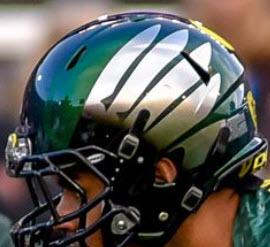
I was born a Cali kid and my uncle is a USC Alum. Remember going to an SC game when I was like 5 with him. I moved to Oregon in 77 when I was 6 and became a Duck fan long ago. I remember Reggie Ogburn OB days, so it was before the Ducks got good. I’ve been a sports nut since I was a kid.
I went to Tigard High about the same time as linebacker Jeremy Asher did, and I watched him team with Rich Ruhl on the inside of the Gang Green defense.
Lots of Ducks memories, Danny O’Neil’s passing in 1st Rose Bowl, Kenny Wheaton, Joey’s comebacks early in his career and how jacked up he got!

